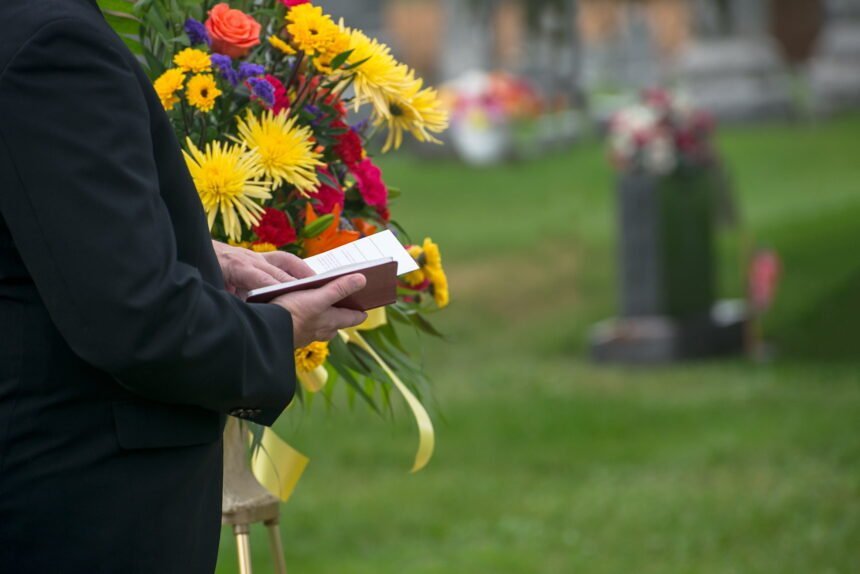We have talked about the importance of taking care of your mental health. We mentioned that therapy saves lives. However, there are other things that you need to do to protect your mental health beyond just seeing a mental health professional.
You also have to prioritize your mental health after a major event, such as a funeral. Around 45% of adults are grieving after losing a loved one and need to know how to protect their mental health. Keep reading to learn more.
Protect Your Mental Health After a Funeral
Grief and loss are both powerful emotions to cope with. Bereavements will not necessarily lead to such strong emotions, but they often do. Sometimes, you may be surprised at how intense these feelings are, especially if you were not particularly close to the person who has passed away. Therefore, you must protect your mental health after losing a loved one.
This is sometimes put down to the fact that these sorts of emotions are very often associative. Perhaps you lost someone very dear to you a few years ago? If so, then attending a funeral of someone who wasn’t so close can reopen old wounds and make you feel more grief than you had expected.
Therefore, attending a funeral of anyone you have known can have a substantial effect on the state of your mental health. The main thing to remember is that powerful emotions can affect anyone and that our responses to them will often differ. Emphatically, you should not feel that you have responded in the ‘wrong’ way. In fact, there is no wrong way, so be kind to yourself and others during what will be a difficult time. What else can you do to safeguard your mental health, something that can be especially important if you know you already suffer from common conditions, such as anxiety disorder, depression or PTSD?
Discuss How You Feel
Regardless of whether you have ever been diagnosed with a mental health disorder before or not, attending a funeral can lead to a downturn in mood and the ability to deal with seemingly straightforward matters. According to Newrest Funerals, a firm that helps people to plan the funerals of recently departed loved ones throughout the UK, many people turn to them simply because they feel they cannot cope with the administration involved. That’s a good idea if you need to plan the funeral. If you’re just attending and feel anxious about it, then talk to your family and friends. Going with someone you trust will help you to deal with your emotions on the day in question. Part of talking about your emotive state is allowing yourself to acknowledge how you feel, something that can help with accepting the loss a great deal. Conversely, bottling things up rarely, if ever, works.
Pay Attention to Your Body
Mental health and physical health are commonly related. If you feel excessively tired, feel thirsty or have tummy troubles, then this is a sign of grief just as much as shock is. Pay attention to the warning signs your body gives you and react to them so you’re in the best condition you can be for the funeral. Even if you cannot sleep, rest will be good for you. Don’t try to ‘soldier on’ as normal.
Seek Grief Counselling
After – or even before – a funeral, the services of a grief counsellor can be beneficial. There are various psychological theories about the way we deal with grief. Most focus on various stages and, with the help of a counsellor, you’ll be able to see which step you are currently on. By being able to see the steps to follow, it is possible to focus on the path ahead, something that often comes with a sense of relief from a mental health perspective.

